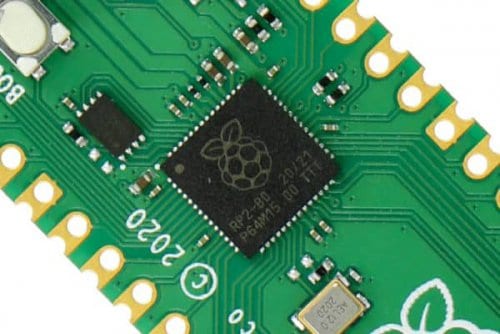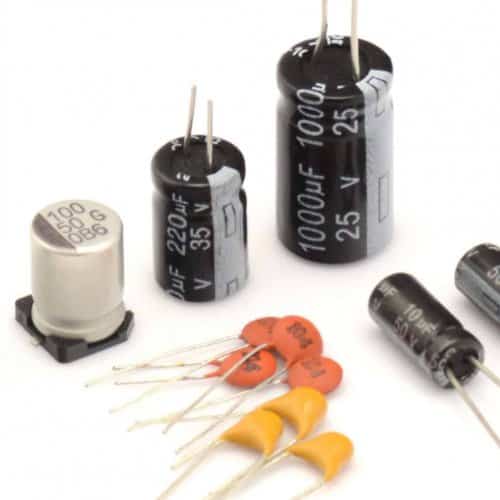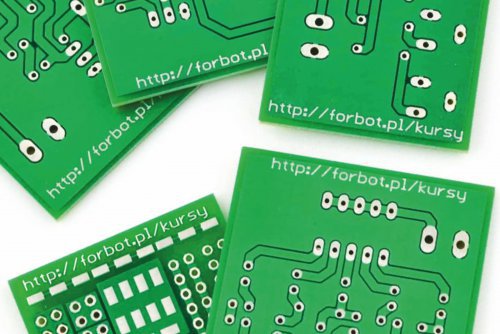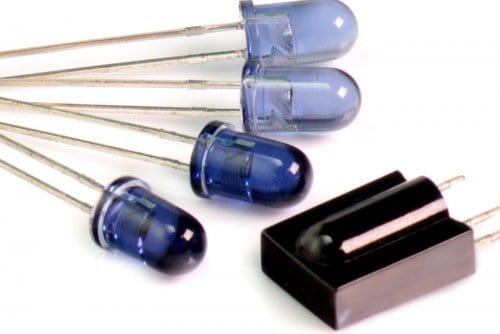[C] [Atmega168][VUSB] Nierozpoznano urządzenia USB
-
Quizy
-
Autor quizu: Treker 15 5 168
-
-
Najnowsze posty w innych tematach
-
- 3 odp.
- 94 wyświetleń
-
Kurs elektroniki II - #5 - czujniki analogowe 1 2 3 4 8
Przez Komentator, w Artykuły redakcji (blog)
- 112 odp.
- 26 555 wyświetleń
-
- 3 odp.
- 125 wyświetleń
-
- 5 odp.
- 214 wyświetleń
-
- 27 odp.
- 435 wyświetleń
-







.thumb.jpeg.a3b3334398ff2775bef171f223e85ea1.jpeg)
Pomocna odpowiedź
Dołącz do dyskusji, napisz odpowiedź!
Jeśli masz już konto to zaloguj się teraz, aby opublikować wiadomość jako Ty. Możesz też napisać teraz i zarejestrować się później.
Uwaga: wgrywanie zdjęć i załączników dostępne jest po zalogowaniu!